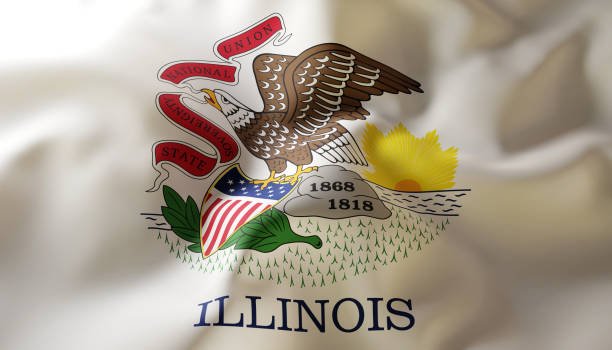
Clash Over Federal Authority
The debate over federal versus state control intensified this week as Illinois Governor J.B. Pritzker pushed back against President Donald Trump’s suggestion of deploying the National Guard without state approval. Trump has argued that federal intervention is necessary to maintain order in cities facing protests and rising crime, while Pritzker insists that states hold the constitutional authority to manage their own Guard units unless a national emergency is formally declared.
State Rights vs. Federal Power
Governor Pritzker emphasized that Illinois is fully capable of managing public safety without federal interference. He warned that any unilateral decision by Trump to send in the Guard would be challenged in court, framing it as an overreach of executive power. This dispute highlights a broader national debate: whether the federal government can override states in matters of domestic security when unrest is localized rather than nationwide.
Political and Public Reaction
The standoff has drawn sharp reactions across the political spectrum. Supporters of Trump argue that stronger federal involvement is needed to address public safety concerns, while opponents see it as a dangerous precedent that undermines states’ rights. Legal experts point out that past cases involving Guard deployments often hinge on whether a true “insurrection” or emergency justifies federal authority. Meanwhile, local leaders in Illinois have voiced concern that federal action could escalate tensions rather than ease them.
Conclusion
The pushback from Governor Pritzker underscores the enduring conflict between federal authority and state sovereignty. As Trump presses for broader control over National Guard deployments, Illinois and other states are preparing to defend their autonomy. The outcome of this clash could set an important precedent for the balance of power between Washington and the states in times of domestic unrest.